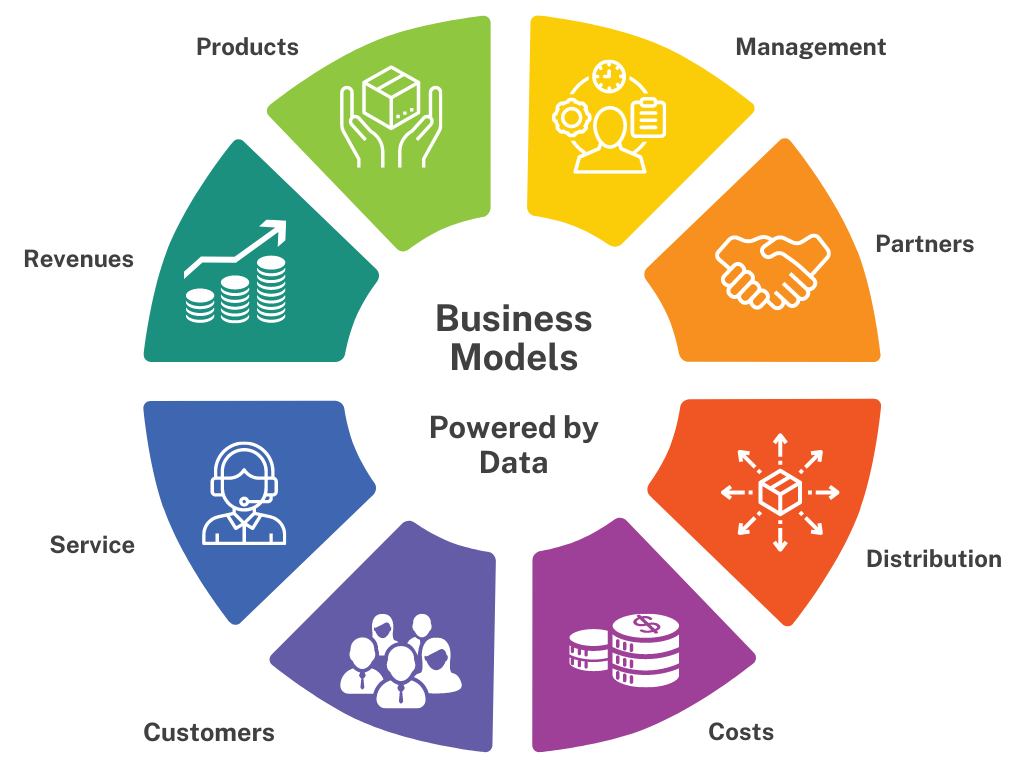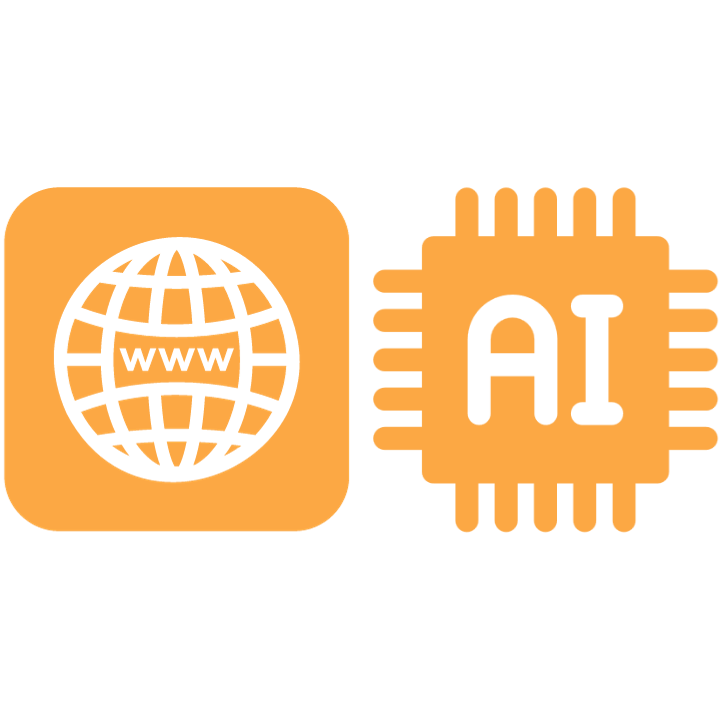Embrace AI transformation and Web3 innovation to reshape your business future
We are dedicated to enabling mid-market companies to stay ahead of the curve and relevant in their respective industries by implementing cutting-edge technologies and proven organizational practices.

Say goodbye to being left behind in a constantly changing business world
Our expert guidance helps mid-market companies in addressing their pain points and staying ahead of the curve. By identifying customer-centric and future-proof solutions, our initiatives deliver:
Unique scaling and agility capabilities for your team
A boosted business model that keeps you ahead of the game
The creation of new business models to disrupt the competition.

Get ahead of the game with our comprehensive services

Education
Transform your team with our Awake sessions and Workshops that prepare executives for industry disruption.

Innovation Sprints
Unlock exponential growth with our 10-week customer-focused process.
Advisory Services
Navigate your path to disruption with our personalized guidance.

Web3 Studio / AI Studio
Stay ahead of the game with our Web3 and AI innovation studio, identifying blockchain and AI opportunities for your business.